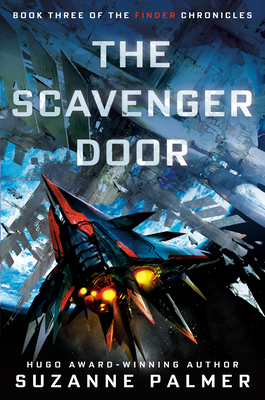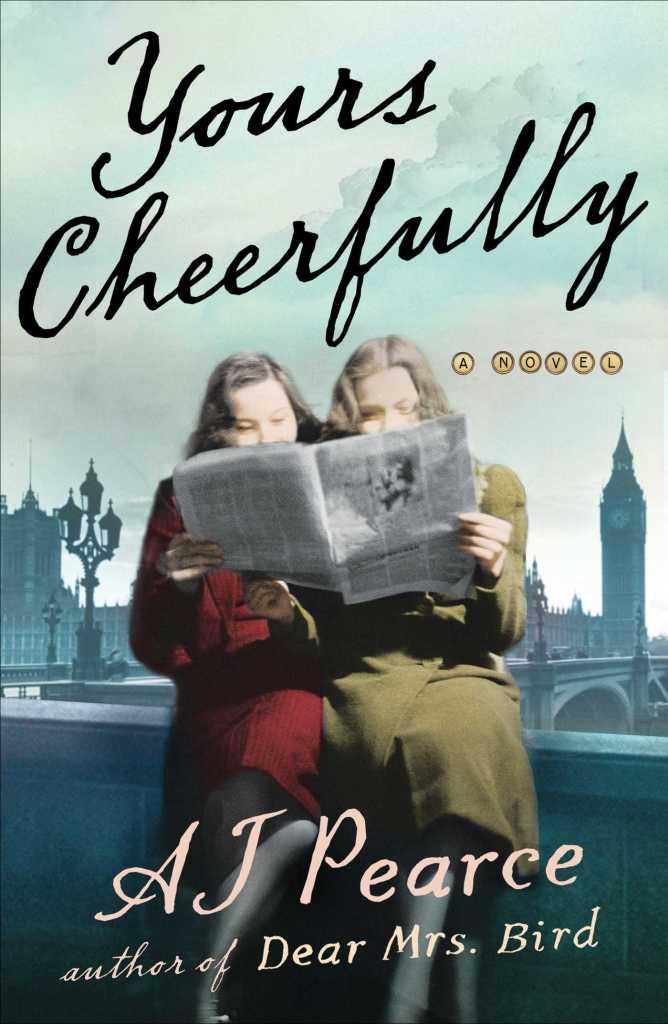
Genre: Science Fiction
Publisher: Daw Books
Publication Date: August 17th, 2021
Pages: 464, hardcover
Source: NetGalley
From a Hugo Award-winning author comes the third book in this action-packed sci-fi caper, starring Fergus Ferguson, interstellar repo man and professional finder.
Fergus is back on Earth at last, trying to figure out how to live a normal life. However, it seems the universe has other plans for him. When his cousin sends him off to help out a friend, Fergus accidently stumbles across a piece of an ancient alien artifact that some very powerful people seem to think means the entire solar system is in danger. And since he found it, they’re certain it’s also his problem to deal with.
With the help of his newfound sister, friends both old and new, and some enemies, too, Fergus needs to find the rest of the artifact and destroy the pieces before anyone can reassemble the original and open a multi-dimensional door between Earth and a vast, implacable, alien swarm of devourers. Problem is, the pieces could be anywhere on Earth, and he’s not the only one out searching.
Fergus is back, and has to save our solar system, if not the entire galaxy in The Scavenger Door.
If you haven’t read the other two books in the series, do so. Now. While you could read this as a standalone, your experience will be so much richer with the full backstory, and this is an incredibly great series.
We, along with Fergus, meet his sister, born after his flight from Earth two decades prior. Ignatio and Mr. Feefs are there, and we encounter some of Fergus’s friends (and frenemies) from his days on Mars.
The threat this time is an artifact that broke up as it fell through Earth’s atmosphere. Assembled, it will allow the Vraet, a scavenger race, to obliterate life in our solar system, and possibly beyond. Fergus, thanks to his forced augmentation by the Asiig, has an affinity with the artifact that allows him to locate and gather the pieces. The Alliance are hot on his tail, and he also has to deal with a wayward member of an apocalyptic cult who want the Vraet to destroy everything.
The story is amazing. Fergus goes through real growth and development. He is a good guy who is constantly put into difficult positions and sometimes has to do the not-so-right thing. He’s not nearly as bad as he believes himself to be, though, and it was nice to see him start to realize this. He demonstrates compassion, self-sacrifice, and empathy. His motivations, and those of the other characters, feel real.
If I have a quibble, it’s that we still don’t have much insight into the Asiig. They manipulate Fergus and could obviously provide more help than they do, until the very end, where there’s a bit of deus ex machina.






